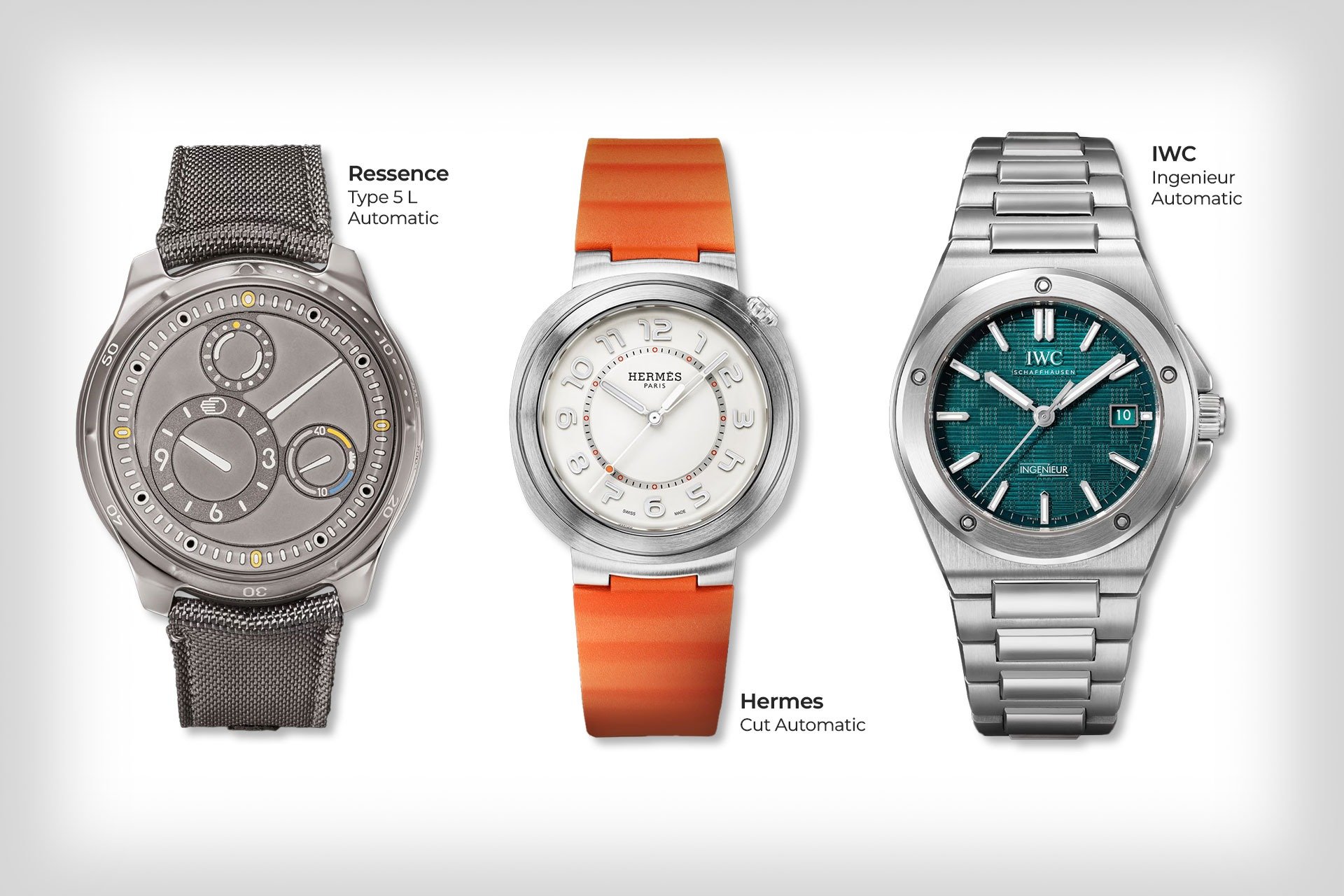6 of the best men’s waxed jackets from Barbour
Feb 23, 2026What Uber Australia’s $272 Million Class Action Ruling Could Mean For Riders
- Mar 18, 2024
- 0 Comments
662

Uber has agreed to pay A$272 million in a landmark settlement to compensate Australian taxi and hire car drivers for lost income. Here’s what we think the ruling could mean for riders.
Uber has agreed to pay A$272 million to settle a historic class action lawsuit filed by Australian taxi and hire car drivers, operators, and license holders. The settlement — apparently the fifth-largest in Australian history — acts as compensation for the loss of income and reduced license values that were a result of Uber’s entry into the Aussie market.
Filed back in 2019, the suit accused Uber of operating illegally by using unlicensed cars and unaccredited drivers, giving them an unfair advantage over traditional taxi and hire car services that complied with the longstanding laws.
The case, which was initially expected to go to trial but has since been settled after a prolonged five-year battle — was described by the plantiif’s representation, Maurice Blackburn Lawyers, as holding Uber accountable for the losses created amongst competitors.
The legal fees for Maurice Blackburn are expected to be between A$30 million and A$35 million, with the remainder of the cash set to be distributed among the plaintiffs based on their individual losses. The lawsuit also brought allegations that Uber misled regulators, used technology to block authorities, and deployed an electronic “kill switch” to evade law enforcement.
Supreme Court of Victoria is reviewing the settlement and is expected to formally approve it in April.
Uber’s Statement On The Settlement
Uber has already released a statement on their website — with the carefully curated title “Settling Historic Taxi Claims” — which we’ve copied in full.
We reached out to our contacts at Uber who declined to comment beyond the below:
“When Uber started more than a decade ago, ridesharing regulations did not exist anywhere in the world, let alone Australia. Today is different, and Uber is now regulated in every state and territory across Australia, and governments recognise us as an important part of the nation’s transport mix.
The rise of ridesharing has grown Australia’s overall point-to-point transport industry, bringing with it greater choice and improved experiences for consumers, as well as new earnings opportunities for hundreds of thousands of Australian workers.
Since 2018, Uber has made significant contributions into various state-level taxi compensation schemes, and with today’s proposed settlement, we put these legacy issues firmly in our past. We will continue focusing on helping the millions of Australians who use Uber get from A to B in a safe, affordable and reliable manner.”
Uber
What This Could Mean For Riders
While it’s unclear exactly what impact this ruling will have on riders, we can make a few educated guesses. The first thing to say is that the “schemes” Uber refers to in its statement don’t just cost them money, but their passengers too, as The Register highlights:
“Left unsaid is that some of those schemes cost passengers money. In the state of New South Wales, for example, passengers pay a AU$1.20 (80c) “passenger service levy” every time they hop into a cab or Uber, and will do so until a AU$905 million ($594 million) compensation package to cabbies is complete.”
Simon Sharwood, The Register
As is usually the way when any big company finds itself with an ever bigger bill to foot, that cost is usually shifted onto the customer, at least in part. Therefore, we can safely assume that if riders are going to feel any change as a result of the ruling, they may well feel it in their pockets first.
Another thought is that this ruling could spark long-overdue regulatory changes for all ride-sharing companies, including Uber. If this did come to pass, it could have an effect on the availability of rides, ride wait times, and the all-round convenience of riders.
A more optimistic outlook might be that the ruling could allow traditional (or at least attentive) taxi companies to claw back some of the massive market share lost to Uber. This increased competitive dynamic in the market may actually drive rider prices down… but we wouldn’t get your hopes up.
While the ruling will no doubt put some doubts in riders’ minds as to the integrity of the Ube brand, this will likely be felt even more keenly by drivers (whose relationship with the brand was strained at best anyway…) As such, our bets are on a big PR push from Uber to be seen to take care of their driver community.
This may well come amidst or between other PR efforts to show the brand innovating or launching new products as a means to shift attention away from the case.
Ultimately, we don’t know exactly how the ruling will affect riders, but we can safely assume that it will. The question will be whether that effect is carefully managed by Uber’s PR pack or by a wider public backlash…
Publisher: Source link







